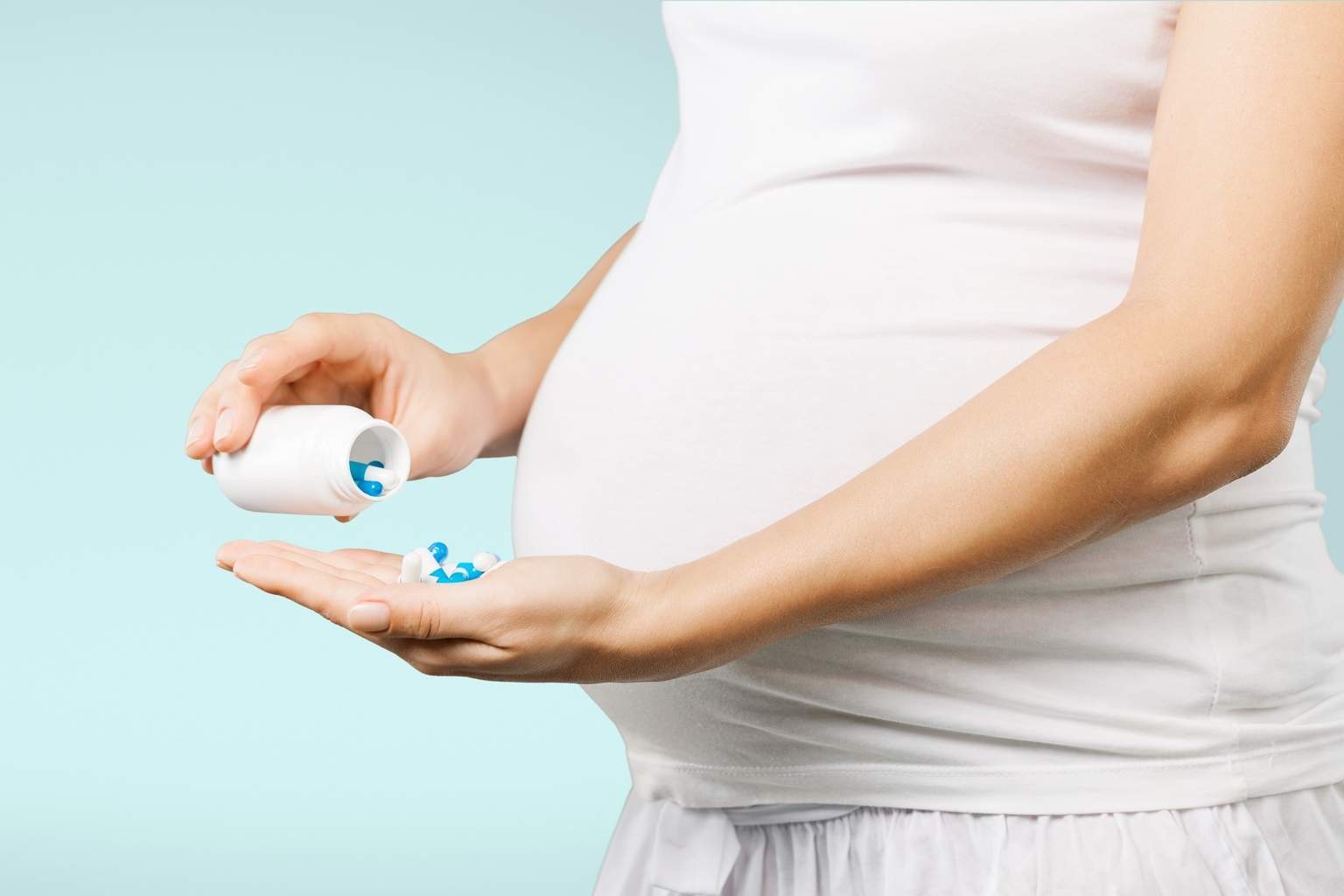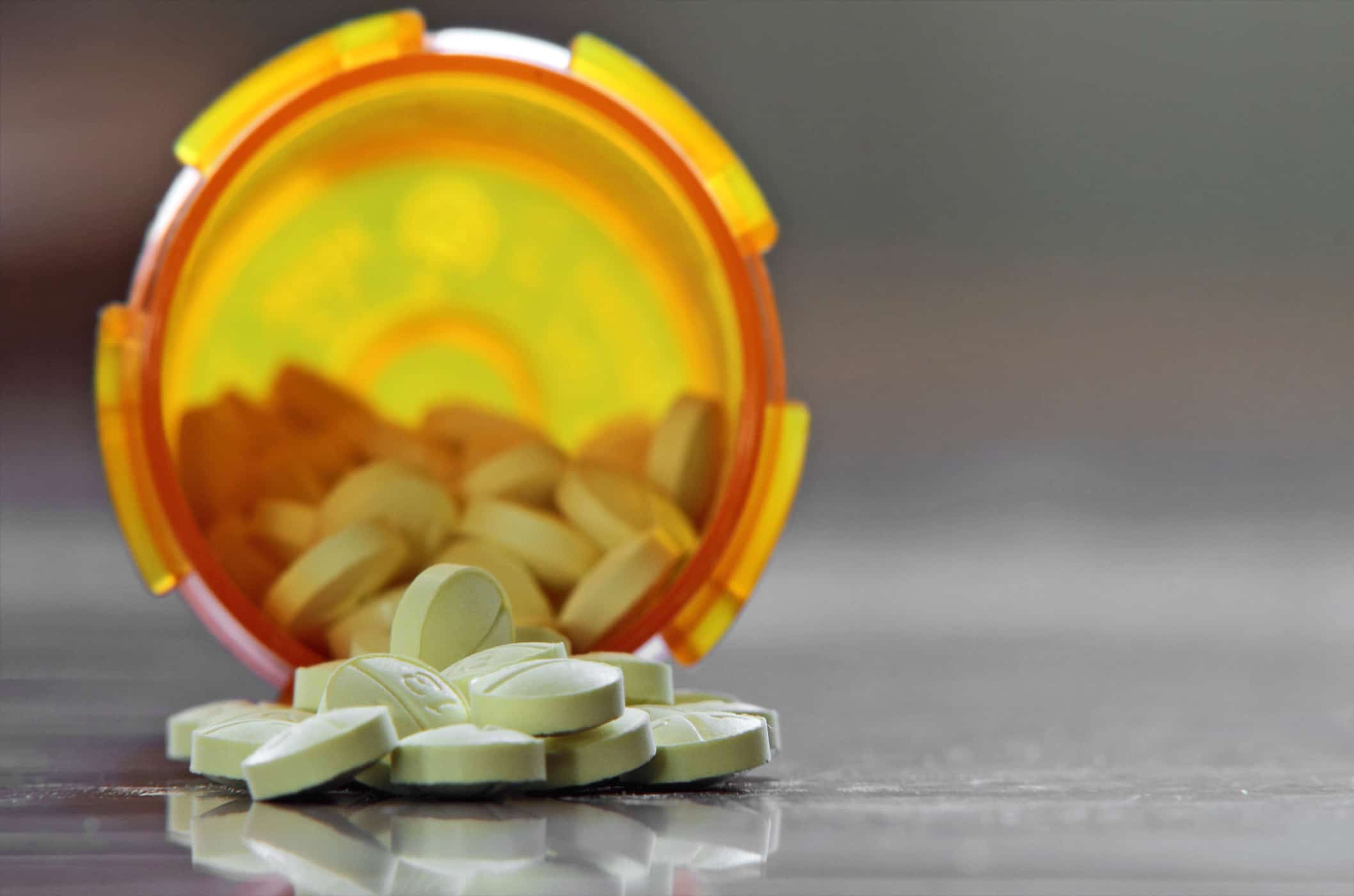Contents:
- Medical Video: Can you take paracetamol during pregnancy Yes, but there are some to avoid
- Where did this news appear?
- What type of research is this?
- What is included in the study?
- What are the results of the study?
- What does that mean for us?
Medical Video: Can you take paracetamol during pregnancy Yes, but there are some to avoid
The use of paracetamol in pregnancy can harm a male fetus. The researchers found that the use of paracetamol for 7 days during pregnancy can reduce testosterone levels. Research using fetal testicular tissue transplanted in mice.
Low testosterone levels in the pregnancy of male infants have been linked to a variety of conditions, such as no drop in the testes, to more serious conditions, such as infertility and testicular cancer. But fortunately, taking paracetamol occasionally will not affect testosterone levels. Only continuous use can have an impact, not occasional non-routine use.
Noteworthy is, the experiments were carried out on mice, but it is not known what effect they have on humans. It is also not known whether the effects of routine use can be cured, and in what time period, and whether paracetamol exposure in pregnancy can have detrimental effects on boys. Paracetamol is generally believed to be safe for pregnancy, but like other drugs, pregnant women are encouraged to consume only if it is really needed at the lowest effective dose and at the very least.
Where did this news appear?
The study was conducted by researchers from the University of Edinburgh. In addition to studies that included mice and non-humans, no temporary reduction in testosterone levels was found which could cause permanent harm to male fetuses. The effect is only temporary and can be corrected.
What type of research is this?
This is a laboratory study using mice as an example to see the effects of paracetamol on testicular development. The testes produce sexual hormone testosterone.
Previous research has found a link between low sexual hormone exposure in the fetus and reproductive abnormalities, such as undescended testes, or the lack of sperm count and testicular cancer in early adulthood.
The researchers tried to investigate whether paracetamol exposure reduced levels of testosterone production. Because it is unethical to examine this in pregnant women, experts use mice as a model.
Paracetamol is one drug that is believed to be safe to use in pregnancy.
What is included in the study?
The researchers transplanted samples from human fetal testicular tissue to mice. In a series of laboratory experiments, the researchers gave different oral doses of paracetamol in a week. Experts measure the effect of paracetamol on testosterone levels produced by testicular tissue.
Human fetal testicles are taken from pregnancies that stop in the second trimester. Tissue samples measuring 1mm3 from the testicles were transplanted under the skin of mice so the researchers could see the effects of paracetamol on the growth of animals similar to humans.
Testes in mice have been removed, so that testosterone production does not affect the study. The immune system has also been reduced to reduce the possibility of rejection of testicular tissue.
After a week, enough time for testicular tissue gets a blood supply, mice are injected with the hormone human chorionic gonadotrophin (hCG), which stimulates testosterone production and is usually found in the uterus. Then, rats were randomized to be given oral paracetamol or placebo with different strengths and rules.
The researchers measured testosterone levels at different times in the study. They also measure the weight of the seminal vesicle, a gland that stores fluid that mixes sperm to form a liquid cement. Previous research has shown that vesicle seminal growth is sensitive to sexual hormones.
Experiments were also conducted in mice to measure the effect of paracetamol on testosterone production.
What are the results of the study?
Testosterone levels decreased after exposure to paracetamol for 7 days. Dosage 20mg / kg 3 times a day for 7 days, the same as the normal adult dose, produces:
- 45% reduction in testosterone production from testicular tissue
- 18% reduction in vesicle seminal weight
- Exposure to 20mg / kg 3 times a day has been tested under the premise that most pregnant women will only use paracetamol for a short period of time. This does not reduce testosterone levels or cause changes in the weight of the vesicle seminal.
- A high dose of 350mg / kg of paracetamol once a day did not affect testosterone levels, but resulted in a 27% decrease in vesicle seminal weight in mice.
- The transplant lasted 65% for 2 weeks trial period. There was no difference in the weight of the transplant among mice exposed to paracetamol and placebo. Mice look healthy and have no changes in body weight.
What does that mean for us?
The main result of this study is that oral paracetamol reduces testosterone production if taken three times a day for a week. Taking just one dose of paracetamol will have no effect on testosterone production.
However, since this study was conducted in mice, it is not known whether the results will be the same in humans. The researchers also did not know whether the side effects of paracetamol were permanent or not, and how long the period was. It is not known whether drinking paracetamol during pregnancy will affect boys when they are adults, for example puberty disorders, or fertility problems.
At present, paracetamol is still considered safe for pregnant women. Paracetamol is the main drug for pregnant women who need pain relief, and is an alternative for ibuprofen and aspirin which have a high risk of complications if consumed during pregnancy.
Paracetamol can also be carried into breast milk, but the amount is not dangerous.
Like other drugs, pregnant women should drink it only if absolutely necessary, with the lowest dose that is still effective, and in the shortest possible period. If you experience a condition of pain that lasts more than two days, ask your doctor or midwife about other treatments you can take.












